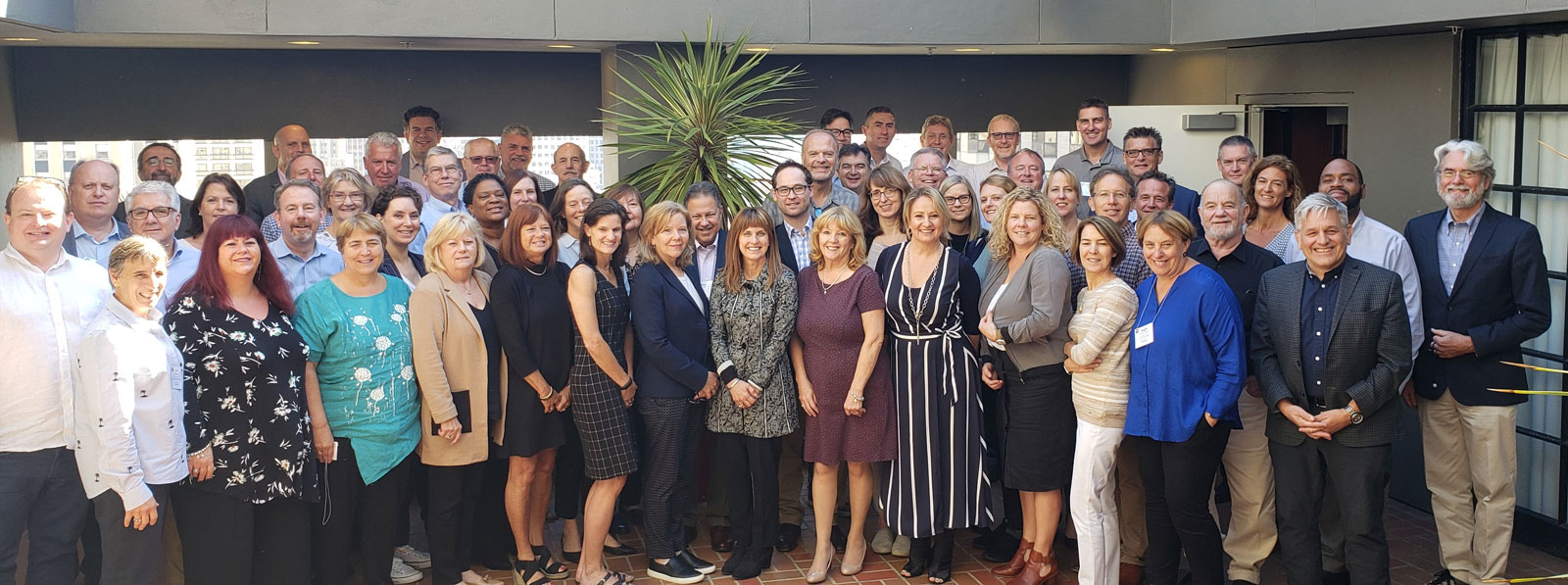The International Housing Partnership (IHP) is a collaborative of more than 175 high-capacity housing nonprofits from Australia, Canada, the United Kingdom, and the United States.
The purpose of the partnership is to facilitate the dynamic exchange of information and experience among its members, and to foster deeper collaboration and exploration on business practices and the creation of social enterprises.
Its the shared values of IHP’s members that enables the partnership to create a unique synergy and derive significant value from their work together, despite fundamental differences in the political, financial, and cultural contexts of each respective country.
IHP’s primary mechanism for peer exchange and learning is its annual Leadership Exchange, during which senior leaders from the international member organizations gather to discuss approaches on policy and organisational structures, which impact the development, operation, and sustainablility of social housing.
Impact of IHP members
- 32,000 people employed by IHP members
- $5 billion combined annual operating budgets (US dollars)
- 20,200 affordable homes developed, rehabilitated, or preserved in 2014
- 1 million affordable homes owned and/or managed by IHP members
- 2.5 million people housed
Diversity and breadth of IHP members’ capacity
- 120 Members develop or co-develop real estate
- 116 Rental housing developers/owners
- 59 Homeownership housing developers
- 36 Offer shared ownership, lease-purchase, or other hybrid-tenure models
- 91 Members are property managers
- 103 Provide resident/tenant services at their properties
- 53 Members are lenders and investors
- 42 Members manage shelters/transitional housing
Who do members serve?
- 117 serve families with children
- 105 serve seniors
- 95 serve persons with special needs (e.g., formerly homeless or disabled persons)
- 43 serve transitional-aged youth
- 24 serve Aboriginal populations (non-US members only)
Geographic footprint of IHP members
- 13 City-Wide
- 37 County/Council/Greater Met. Area
- 27 Regional
- 19 Province/State
- 31 Multi-Province/Multi-State/Multi-Region
- 13 National









